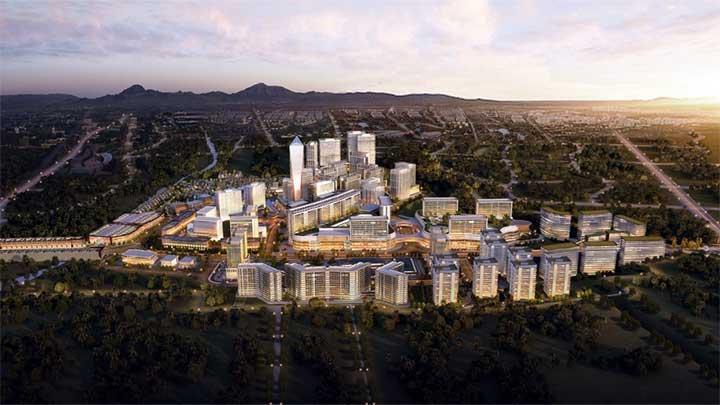Indonesia Scraps Bullet Train, Leaving Top Investors Confused
4 September 2015 12:36 WIB

TEMPO.CO, Jakarta - Indonesia's 11th-hour decision to scrap plans for the nation's first high-speed railway has sown confusion among top investors China and Japan, potentially undermining the strong foreign investment that has been a rare economic bright spot.
China and Japan had been battling over the multi-billion dollar contract, until it was abruptly pulled in what appeared to be the latest in a series of regulatory flip-flops and erratic policy-making moves under President Joko Widodo.
Indonesia's chief economics minister was left to explain to the two Asian giants on Friday, September 4, the reason why Jakarta decided at the last-minute that a bullet train was no longer viable for Southeast Asia's largest economy.
"It looks like a sudden move because the recommendation was made after a review of both proposals," Teten Masduki, presidential chief of staff, told Reuters. "But the recommendation is in the best interest of the country."
Tokyo and Beijing had lobbied heavily for the $5 billion contract, each sweetening the terms of their bids up until Monday's deadline.
Analysts believed that whoever had won would likely have been the front-runner for future high-speed rail projects in Asia, including one linking Kuala Lumpur and Singapore.
"It was the recommendation from independent consultants that suggested to the government that a medium-speed rail was a better option because the cost is cheaper and the time of the journey isn't much longer," Masduki said.
President Widodo announced late Thursday that a bullet train between the capital Jakarta and the textile town of Bandung was unnecessary, since it would never reach its maximum speed of more than 300 km (188 miles) per hour in between station stops.
The administration instead advocated a slower train and asked China, Japan, and others to submit new proposals.
"Consequently, both proposals extended by our government and the Chinese government are not accepted," Yasuaki Tanizaki, Japan's ambassador to Indonesia, told reporters on Friday. "I have expressed my regrets."
A Chinese embassy official in Jakarta declined to comment until more information was provided by Indonesia.
"The project was a priority for China because it would have been one of the first and most visible manifestations of President Xi Jinping's 'One Belt, One Road' overseas investment drive," said Tom Rafferty, Beijing-based analyst at the Economist Intelligence Unit.
"Chinese firms have not always been sensitive to political risk in foreign markets but on this occasion the lobbying and marketing effort was extensive. The decision therefore seems likely to dim China's confidence in the Indonesian market."
Japanese ambassador Tanizaki said he did not think Thursday's decision would affect Japan's investment in the country. He said Tokyo was waiting for details on the medium-speed rail project before deciding whether to participate.
The road to Thursday's decision was particularly bumpy for Tokyo, which had initially believed it won the contract in March after completing a more than $3 million feasibility study. But Indonesia decided to invite other offers in order to get the best deal.
Japan is Indonesia's second largest investor and is no stranger to the uncertainty surrounding major infrastructure projects in the world's fourth most populous country.
Japanese firms have been waiting four years to build a $4 billion coal-fired power plant, Southeast Asia's biggest, and were told by President Widodo last week that construction was now set to start.
But obstacles still stand in the way with dozens of landowners refusing to give up their paddy fields, leaving investors still uncertain on when ground will finally be broken.
"The cumulative effect of delays on a number of projects could send a bad signal to investors," said Paul Rowland, a Jakarta-based political analyst. "It's clear that the president is frustrated with the pace of things."
REUTERS























